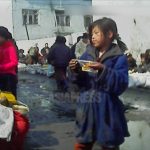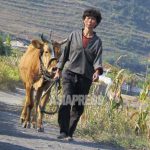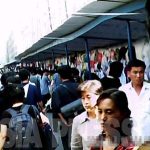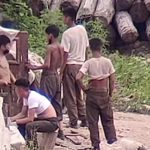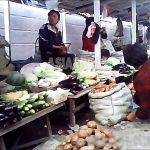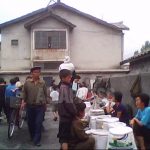◆ Strengthened Status and Role of Work Units
Reporting partners also reported that the status and role of work units (bunjo) as direct production units for farming have been elevated.
In early March, A reported: "I heard that this year, work units (bunjo) can choose seeds for about 1/3 of their land themselves. Additional production, like soybeans planted in furrows, goes to the work unit."
※Work unit (bunjo): The smallest production unit on North Korean farms. Typically, about 10 farm workers form a work unit, and work units together form a work team. A farm consists of several to dozens of work teams.
In mid-March, B, an urban resident who investigated nearby rural areas, reported interesting information about the procedure for electing work unit leaders:
"As the role of work unit leaders has increased, there are many fights and complaints during the self-selection process within work units. So I heard that since last year, while work units recommend leaders, the final decision is made by the farm management committee."
In the past, junior farm officials were appointed from above, but recently farm workers have influence in electing work unit leaders. This suggests that Kim Jong-un's agricultural policy reforms include not only farm management structures but also management personnel.
◆ "Now Farms Act as Landlords"
"Farms now play a role similar to landlords. They find new land for self-sufficiency, make work units manage products tenaciously, and as long as they fulfill the plan, the state doesn't care if farms use their products to buy machinery or plastic film—they're told to do as they please."
※Finding new land: Reclaiming new land to increase cultivated areas, which has long been considered an important agricultural policy in North Korea where agricultural land is scarce.
This was content sent by A in mid-February.
"Landlord" refers to the rural ruling class who monopolized land and accumulated wealth by collecting rent from tenant farmers in exchange for cultivation rights. North Korean residents typically have an image of landlords as wealthy but greedy.
A's comparison of farms to landlords appears to be an assessment of farms' new status, which allows them to accumulate their own wealth by utilizing expanded management autonomy, unlike in the past when they were solely focused on fulfilling the national plan.
From next time onward, we will report on changes in distribution. (To 4 >> )
※ASIAPRESS communicates with its reporting partners through Chinese cell phones smuggled into North Korea.
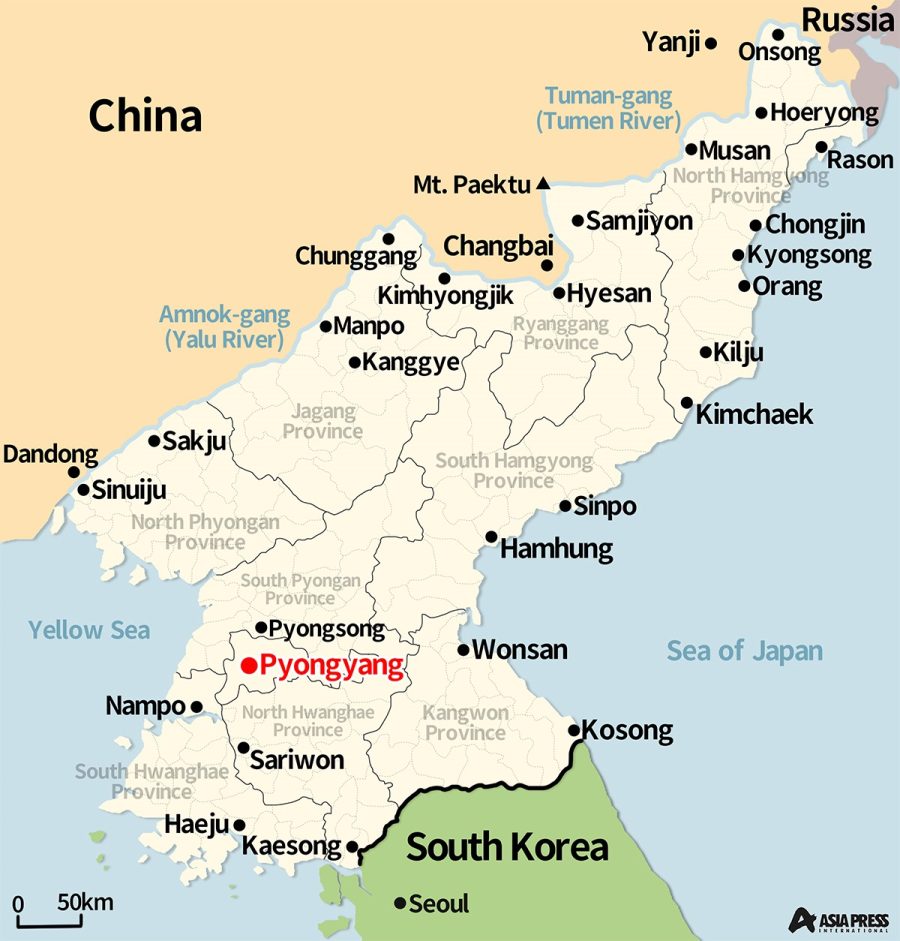
<North Korea Special>What is the Reality of Kim Jong-un's Agricultural Policy Reform? (3) Expanding Farm Management Rights: Farmers Say "Farms Now Play the Role of Landlords
- <Inside N. Korea>Even Housewives Being Mobilized - New "Women's League Shock Brigades" for Farm Labor as Kim Jong-Un Regime Demands Farms Cover Labor Costs
- <Inside N. Korea>Four Struggling Female Students Expelled and Banished to Rural Areas for Prostitution: Young People's Violation of Order Met with Harsh Punishment
- <Inside N. Korea>Hunger Crisis: As 'Starving Spring' Approaches, Kim Jong-un's Regime Begins Surveying ' Households in Food Crisis'…UN Agency Reports: "45.5% of Population, 11.8 Million People Suffering from Malnutrition"
- <Inside N. Korea>The Rapid Expansion of Online Banking: Tracking Citizens' Money? Kim Regime Accelerates E-Money Adoption
- <Inside N. Korea>The 'Last Stronghold' of Defection in Crisis: Security Bureau Receives Commendation for Crackdown Success - Smuggling and Defections Nearly Eradicated
